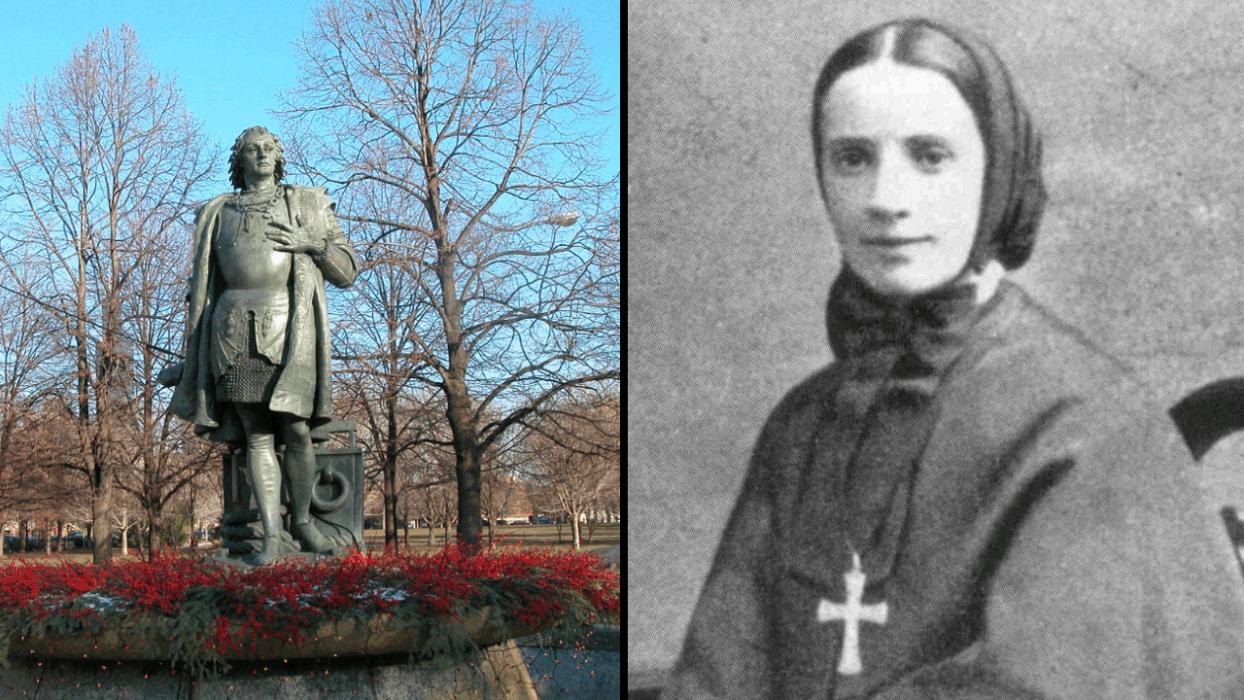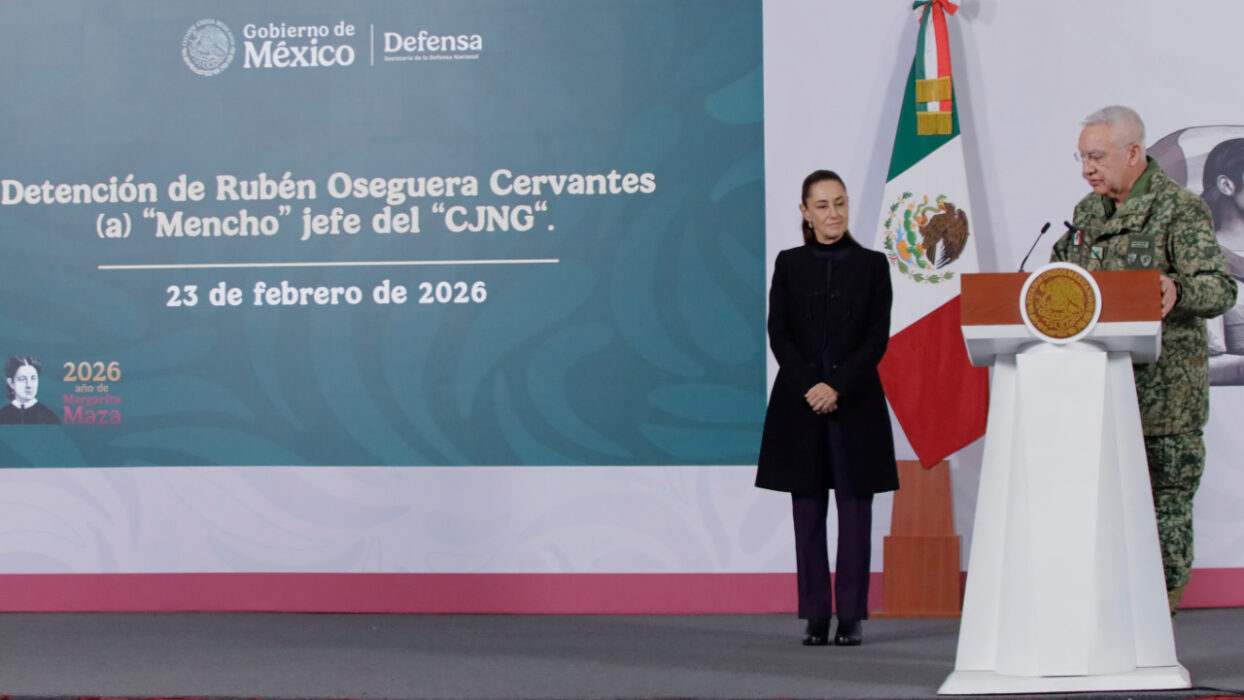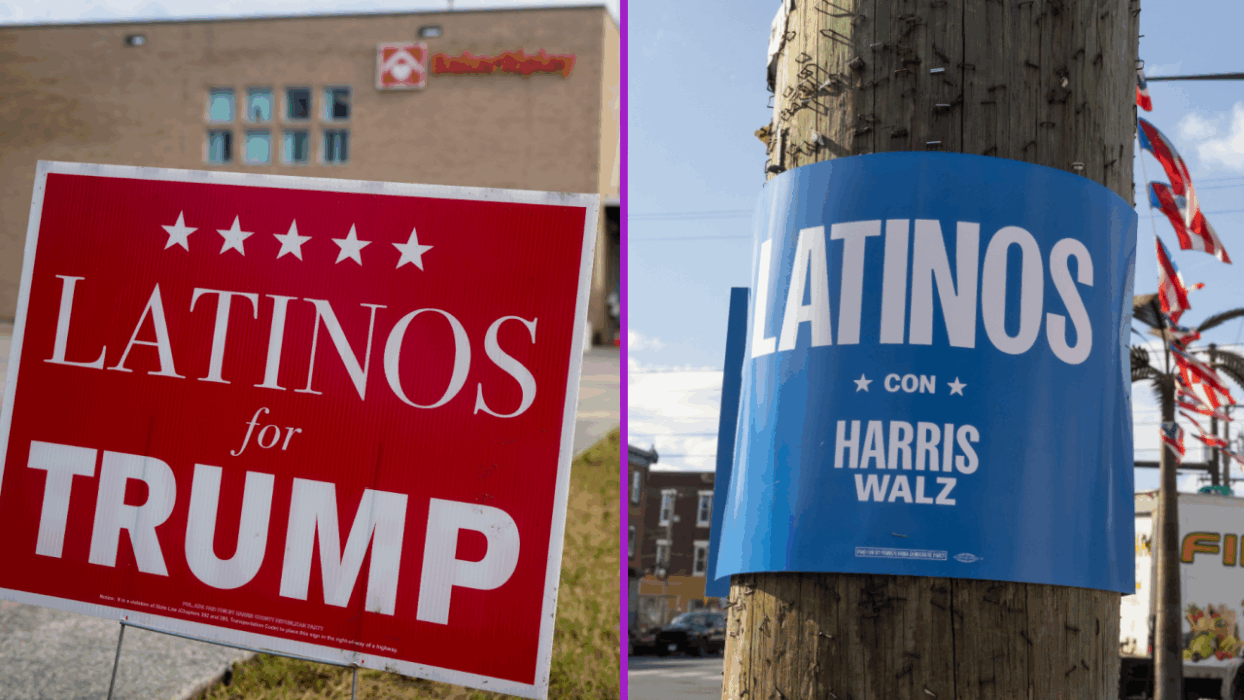
This Small Puerto Rican Town Is Leading by Example in the Fight Against Climate Change
Climate change is not turning back. And those most affected continue to be communities of color.
That’s why the initiative of the town of Adjuntas, Puerto Rico, should be an inspiration to the world.
After Hurricane Maria in 2017, the town in the island’s mountainous central region spent up to 11 months without electricity. Now, most houses have installed solar panels on their roofs. The system will allow local businesses to run thanks to batteries and combat one of the most severe consequences of climate change.
In Adjuntas, businesses connected to the microgrid will not have to rely on expensive and polluting diesel generators. They will be able to keep their doors open if long-term blackouts occur again.
“This is a first-of-its-kind project,” said Kate Trujillo, deputy director of the nonprofit Honnold Foundation. This organization helped install the microgrid alongside the Adjuntas-based nonprofit Casa Pueblo. “It’s amazing to see it all coalescing.”
The new and efficient electrical system also helps provide essential services to the surrounding population. This way, they can help store medicines such as insulin in commercial freezers and charge laptops and phones.
The system includes some 700 panels mounted on seven buildings in the town’s central plaza. Similarly, it includes a battery storage system capable of providing up to 187 kilowatts of power.
When climate change and decolonization go hand in hand
After Hurricane Maria, the fragility of Puerto Rico’s power grid has become a symptom of a failed political system.
“Our grid may be functional, but it’s fragile,” Sergio Marxuach, policy director of the Center for a New Economy, told NBC News. Marxuarch added that the slightest storm wind can easily cause nearly 500,000 homes to go without power.
“Five years later, we are still exposed to the same risk,” said Marxuach. “Progress will continue to be slow unless we find a solution.”
However, for the people of Adjuntas, it’s about much more than climate change.
“We want to help decolonize Puerto Rico,” Arturo Massol-Deya, executive director of Casa Pueblo de Adjuntas, told TIME. “It’s not just about solar panels for people to have power after a hurricane. It is much deeper and more important for the future of the island.”
Energy as a tool for self-determination
Puerto Ricans pay more than twice the average U.S. electricity rate for the least reliable system in the country. For Puerto Ricans, the island’s electric distributor, LUMA, has become a symbol of the failure of colonial control.
Most of the power comes from centralized fossil fuel power plants in the south of the island. Those plants burn coal and natural gas imported from the mainland.
“Having the capacity to produce energy with local resources puts Puerto Rico in a better position to address the political future of the island,” Massol-Deya says. “We’re building energy freedom as a way to build means for self-determination at the local scale.”




